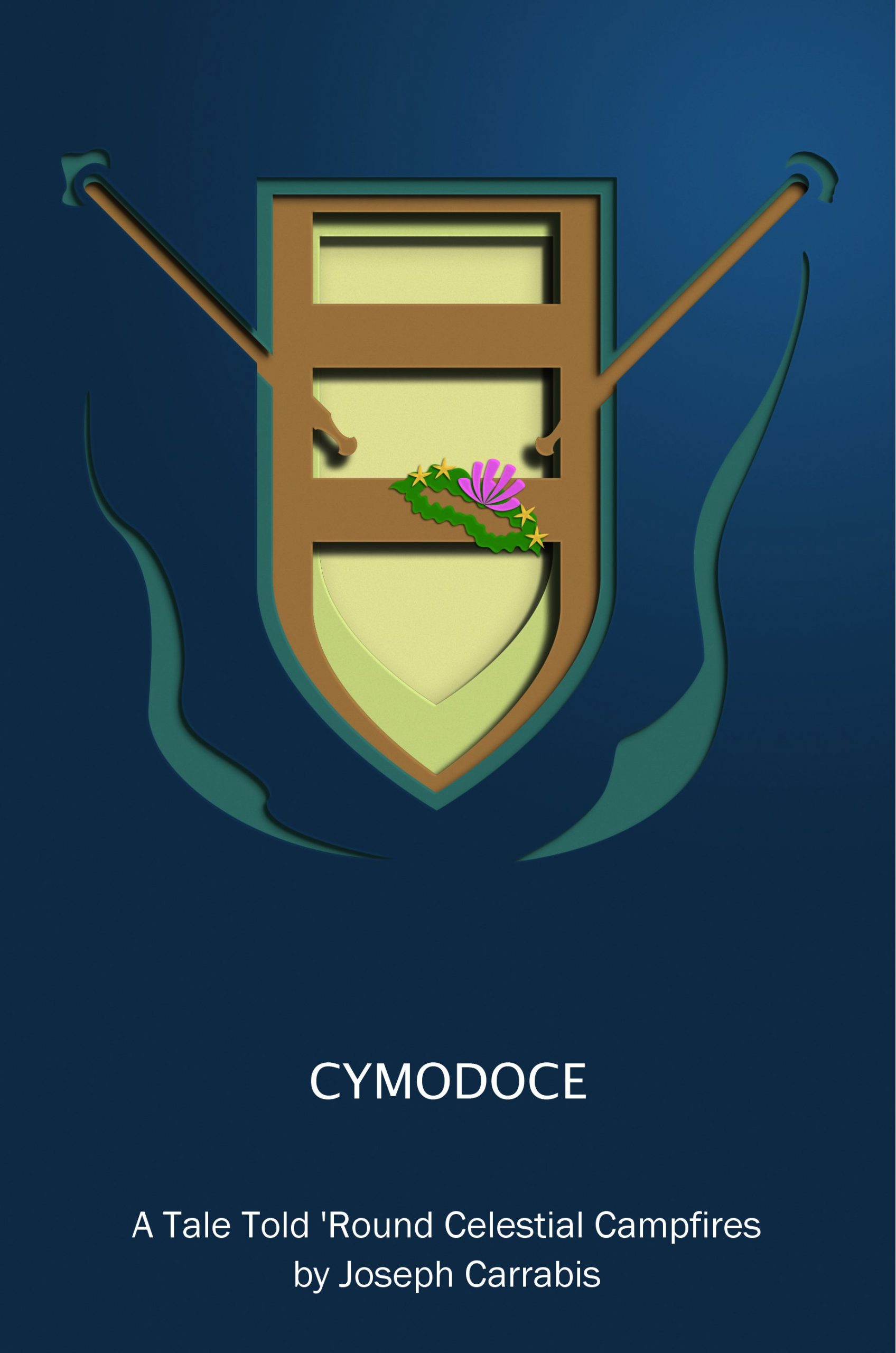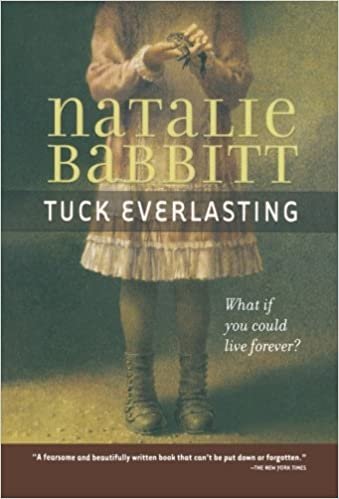Cymodoce seems to be one of my best loved stories. EU actress Sabine Rossbach performed a reading of it and talks about it often (see Sabine Rossbach’s Happy Hour – 14 May 2020 Interview (wherein she waxes wonderfully about “Empty Sky”) for an example), parAbnormal published it in June 2019, there’s an ebook version and it appears in Tales Told ‘Round Celestial Campfires.
By the way, a prominent Brit-based publisher and I have entered contract negotiations for Tales. It may not be self-published much longer. I’d suggest getting a copy now. Big changes are in the works, it seems.
I’ve broken the story into three parts starting with this post.
Cymodoce (Part 1)
Jenny silently guided the rowboat to the dock, all the while keeping one eye on her three-year-old twins, Davy and Cymmi, sitting in front of her. When the boat was next to the mooring Jenny grabbed a line, pulled the boat to the dock and tied it. It was the first time she’d been to the island since the twins were born. Her parents, who died within a week of each other the previous fall, left her the dock, the boat, the cabin, the two acres of land, and only property taxes and upkeep to concern her.
Davy fidgeted. “Mommy, I’m hungry. Can we eat now?” She put a finger to her lips and Davy pouted. Cymmi was leaning over the side of the boat, splashing her hands in the water. She paused, looked out over the waves, then splashed harder.
Jenny moored the boat, lifted a lunch basket and helped the children onto the dock. “Mom,” Davy whined, “I’m hungry.”
“We’ll go up to the cabin and eat. Okay, Davy?” They started up the narrow path.
“Mom, Cymmi’s still by the water.”
Jenny looked up. Cymmi was in up to her ankles. Jenny dropped the lunch basket, ran back and lifted Cymmi from the water. Her feet glistened. Cymmi kept looking at the waves as Jenny sat her by the lunch basket, took out a container of fresh water and poured it over Cymmi’s feet. The tiny, silvery marks began to fade and Jenny signed /COME /EAT /NOW /PLAY /LATER /OKAY/?// She took Cymmi’s hand and gently pulled her along.
Much later, when Jenny had put the children to bed, she walked down the path and sat on the dock. She took off her sandals and swished her feet in the ocean. Across the Sound she could see the lights of the Maine coast. The island had always been a quiet place. Even in the heat of the tourist season, when Route 1, heard if not seen across the Sound, was a tangle of campers, buses, and hitchhikers, the island was left to the three New York families who owned it and had cabins there.
The sounds of summer came across the water. She tried to match the sounds with the lights. Fuzzy rock music came from Beniroo’s, an old icehouse turned bar and nightclub. When Beniroo’s music paused she could hear a calliope and, intermittently, people giddily screaming. That would be Funland. She could see the Ferris wheel spinning and the roller coaster trestle climbing into the sky. Search lights swept back and forth, sweeping the ocean mists inland and then back out to sea. To the north she could pick out the tinny guitar and muffled bass of The Word’s tent meeting, preaching God’s message to the summer sinners.
Something tickled her foot and she jerked it from the water. Soon the tide would turn and go out. Fundy had powerful tides, aided this night by the moon overhead. There was a splash out by the rocks. Something bobbed briefly about forty feet from her. She heard another splash, saw a rippling approach her through the waves. /HELLO/?//
“Mommy?” Davy’s voice pulled her back to dry land.
There was a slight almost soundless splash in the water.
Jenny’s heart pounded. She fumbled getting up. “Yes, Davy?”
He walked over to her. “Who’re you talking to?”
She smiled and ruffled his hair. “Just the fishes. I told them we came back this summer. Now, what are you doing out of bed?”
“I couldn’t sleep.”
She lifted him up so he could ride her hip as she walked. He wrapped his arms around her neck and cradled his head in her shoulder. “Come on, little man, you can sleep with me tonight.” Davy’s arms hung limp by his sides before they got back to the cabin.
She put Davy in her own bed and checked Cymmi before returning to the kitchen. There she made herself a cup of coffee and, from a window, watched the coast lights go out, one by one.
The next day they cleaned the cabin. Jenny and Cymmi doing most of the work. Davy would sweep, watch them, see something outside, go investigate, come back a few minutes later, sweep some more, and watch them again, repeating the pattern over and over.
Jenny, moving the broom in careful strokes, swept up memories along with the dust bunnies. Twelve years earlier, too young and too protected to know different, she’d come to the island with Anthony DiGracio. They were what, she wondered, sixteen then?
She remembered that at sixteen, the skinny, olive-skinned fisherman’s son had fleshed out into a handsome man: his dark curly hair heavy on his head, now darkening his chest and stomach, his blue eyes smiling under long lashes.
Jenny walked through the town with her parents and their friends for almost three hours that day. Not once did the conversation waver from stocks, clients, or banks, all of which bored Jenny to death. As Jenny’s people walked off, Anthony tapped her arm. “Wanna go out to the island?”
They went in Anthony’s skiff. He rowed with his shirt off, his muscles knotting and unknotting rhythmically under his skin.
They closed the cabin door and, before she knew it, he was up against her, his sweat and teenage cologne a miasma around her, his hands gentle but searching.
They were on the bed and her jersey was off when she heard something. She was about to ask Anthony if he heard anything when the door opened.
Daddy stood there.
Greetings! I’m your friendly, neighborhood Threshold Guardian. This is a protected post. Protected posts in the My Work, Marketing, and StoryCrafting categories require a subscription (starting at 1$US/month) to access. Protected posts outside those categories require a General (free) membership.
Members and Subscribers can LogIn. Non members can join. Non-protected posts (there are several) are available to everyone.
Want to learn more about why I use a subscription model? Read More ch-ch-ch-ch-Changes Enjoy!


